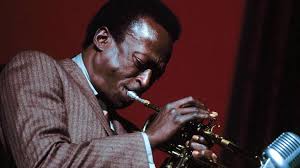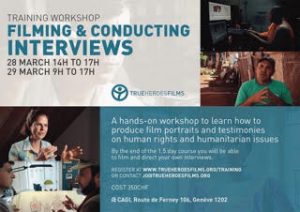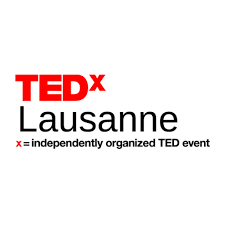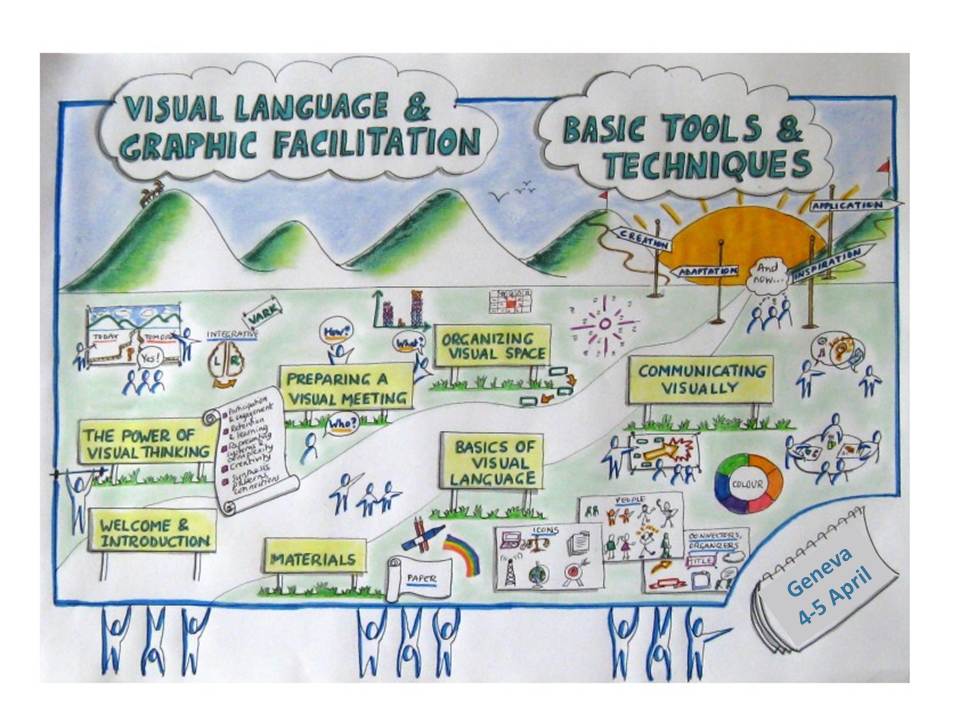One of the best ways to project confidence when speaking in public is to follow a technique mastered by some of the great public speakers – Ronald Reagan, Franklin Roosevelt, Winston Churchill.

They all managed to read a speech, sounding conversational and unscripted, using a technique known as “See-Stop-Say“.
First of all print your text in large font with double spacing. Make sure that the sentences are short – ideally not more than 10 words so that your eye can absorb them easily. You may want to put key words in bold, as this will help you with emphasis and rhythm.
Practice speaking in the following way:
- See – see each phrase and “record” a picture of it with your eyes. Instead of reading the whole section, let your eye “record” only the phrase or part of the phrase that you can commit to memory.
- Stop – look up from the page and pause.
- Say – say the phrase out loud from visual memory. Pause again before looking down to memorise the next phrase.
Pausing is the key to this skill. Pauses
- Help you remember the phrase
- Allow the audience time to digest your ideas
- Punctuate your sentences
- Build anticipation.
The great American jazz musician, Miles Davis, once said, “in music, silence is more important than sound”. 
This applies to public speaking too. Pausing is your best way of sounding authoritative. It automatically gives you “gravitas”. And, if you have a key phrase or message, pause before and after it for increased impact.
Rehearse, Rehearse, Rehearse
When I am preparing managers, executives, and CEOs to deliver keynote speeches, they are always amazed when I tell them that professional speakers, journalists, and moderators, always practice their first 20 seconds. It is the moment when you are most nervous so it calms the nerves if you know what you are going to say.
If you watch TV journalists before they go live, you will see that they are walking to and fro (movement aids recall) preparing their first answer.
It is always important to practice reading out loud your statement or speech so you become familiar with it. If you can remember the first 20 seconds that will also help as you can keep eye contact with the audience before you follow the “see-stop-say” model.
If you are delivering your remarks on stage, choose five spots in the room, which form the shape of a W – practice making your points to each spot. This will ensure that you include everyone in the room – even those on the sides who are easily ignored.
If you are reading your statement seated, like the diplomatic delegations at the UN, then you need to look up and straight ahead. The UNTV cameras will focus on you and the journalists, who receive the video footage, will be delighted as they will have a wealth of clips to choose from as you deliver your statement with impact.
Read the full post and more on Claire’s Blog>>

Claire Doole has run courses for companies and organisations worldwide since 2006 in media relations, presentation skills and writing. She is an experienced video producer, moderator and voice-over. Claire is a certified trainer in English for non-native speakers.









